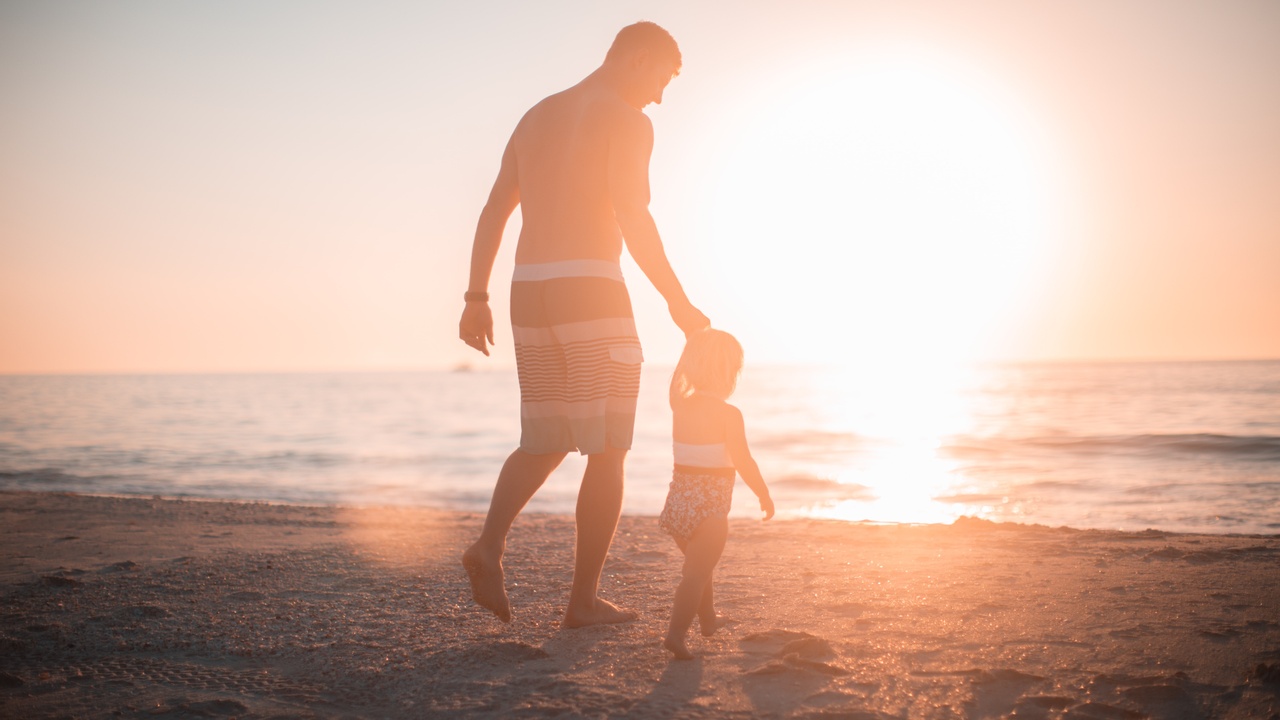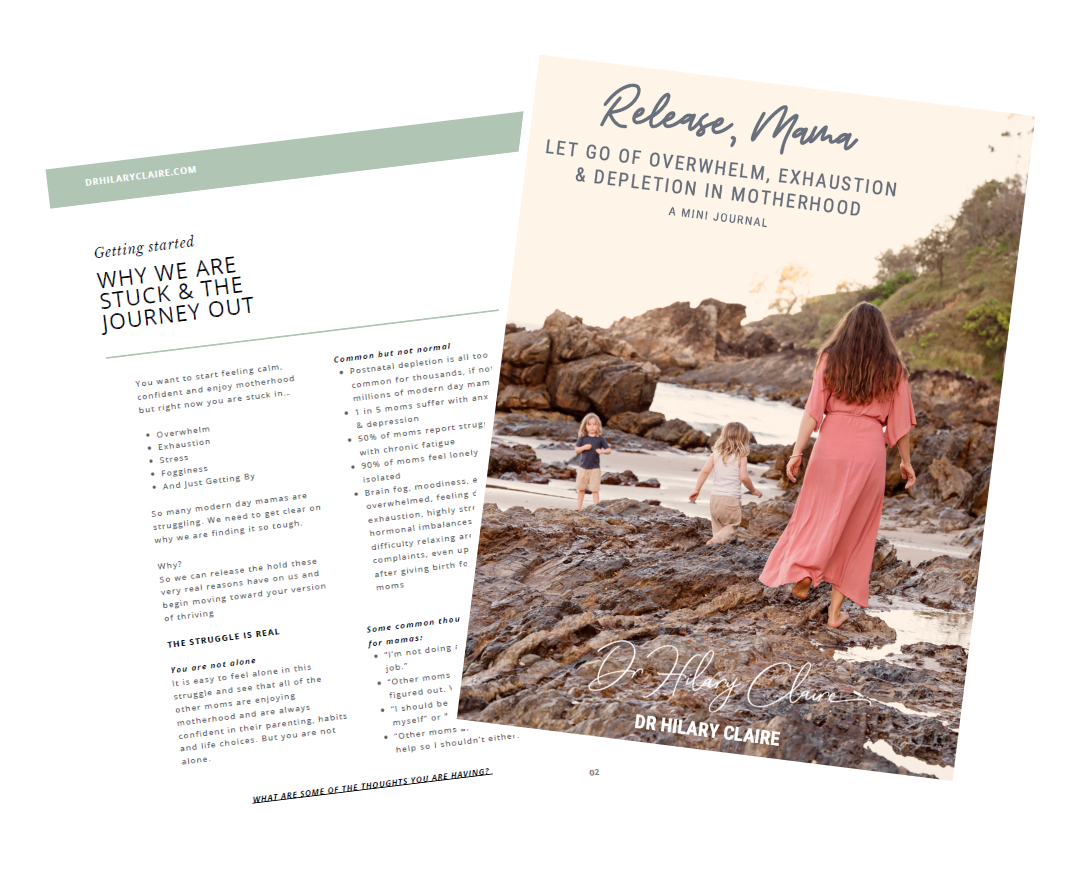Sunscreen Wrecking Havoc on Coral Reef

With the actions we take every day, such as our excessive use of plastics and chemical pollution, humans are putting the future of coral reefs and many other ecosystems at serious risk. Our global awareness of these issues is growing. One of the worst offenders that many may not know about is sunscreen.
Approximately a quarter of marine life call coral reefs home. Coral reefs are also critical for maintaining biodiversity, stability and health of the ocean’s ecosystem1. Half of the coral reefs in the world are already dead and if we don’t change our habits the rest will be gone by 2050. Chemicals from conventional chemical sunscreen leach into the oceans and waterways when we swim and drain into the water supply when we shower them off. These chemicals bleach, deform, slow growth and cause DNA damage to coral1,2. Not very nice. Craig Downs, one of the researchers from Haereticus Environmental Laboratory, who found that oxybenzone and octinoxate are harmful to coral considers that sunscreen is more detrimental for coral reefs than climate change3.
Chemical sunscreens have several ingredients that risk the future of coral reefs. Mineral-based sunscreens are a better alternative for both ocean and human health. However, ensure that the sunscreen is non-nano zinc oxide based instead of containing zinc oxide nanoparticles. In my experience, most mineral sunscreens do not use nanoparticles anyways. A 2018 study found that zinc oxide nanoparticles are also harmful to marine life and can cause coral bleaching and damage6.
Bad for you. Bad for the planet.
Not only is chemical sunscreen a big threat to coral and ocean life, but it is also harmful to human health. In these common sunscreens there are usually several chemicals that are known hormone disruptors, probable carcinogens, and damage our DNA4,5. Seems like we all lose when we use these products.
Every day each one of us can make an impact
The great news is that we can all easily make a positive, impactful change for our health and the future of ocean life by swapping the sunscreen we use. Now that’s easy. Inform others. Buy sunscreens that are non-nano zinc-based instead of chemical-based or make your own sunscreen. Better yet wear a hat, stay in the shade or cover up if you are outdoors for a long time, and limit excessive sun exposure during the middle of the day. A little bit of sunshine on our skin can be a really nice thing7.
What is one thing that you can do today for better health and a happier planet?
References
- Sunscreen: “Worse than climate change” Parley for the Oceans. Retrieved from: https://www.parley.tv/updates/2018/12/17/sunscreen-worse-than-climate-change
- Downs, CA et al. (2016). Toxicopathological Effects of the Sunscreen UV Filter, Oxybenzone (Benzophenone-3), on Coral Planulae and Cultured Primary Cells and Its Environmental Contamination in Hawaii and the U.S. Virgin Islands. Archives of Environmental Contamination and Toxicology, 70(2), 265-288, DOI: 10.1007/s00244-015-0227-7
- Trevino, J. (2018, July). Can we create sunscreen that protects both humans and coral reefs? Retrieved from https://www.smithsonianmag.com/science/scientists-are-unraveling-new-dangers-sunscreen-coral-reefs-180969627/
- The trouble with ingredients in sunscreens. The Environmental Working Group. Retrieved from https://www.ewg.org/sunscreen/report/the-trouble-with-sunscreen-chemicals/
- Check your sunscreen labels for these 7 ingredients. Annmarie Skin Care. Retrieved from https://www.annmariegianni.com/chemicals-in-sunscreen/
- Corinaldesi, C., Marcellini, F., Nepote, E., Damiani, E., & Danovaro, R. (2018). Impact of inorganic UV filters contained in sunscreen products on tropical stony corals (Acropoa spp.). Science of the Total Environment, 637-638: 1279-1285. DOI: 10.1016/j.scitotenv.2018.05.108
- Wells, K. (2018, December). Are you getting enough vitamin D? Retrieved from https://wellnessmama.com/699/vitamin-d/

Release, Mama Mini-Journal
In this mini journal, you will identify your unique reasons for struggling with exhaustion, overwhelm, guilt or burnout. Then you will be guided in letting these go and taking effective action to create a future that makes it easier for you to thrive.
Start living motherhood on your own terms.

50% Complete
Keep Up-To-Date
For a regular dose of useful resources and articles from Dr Hilary Claire delivered straight to your inbox pop your details below.